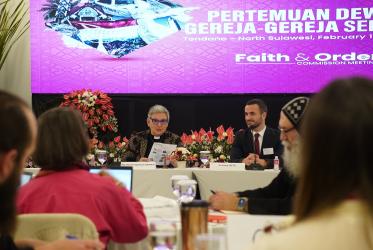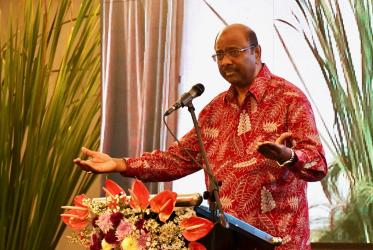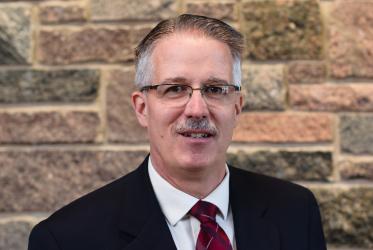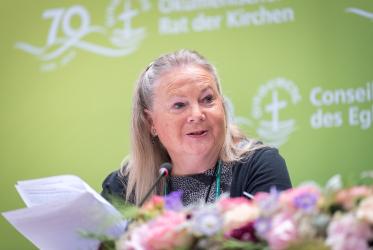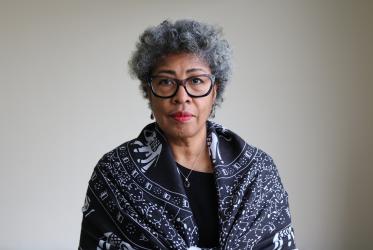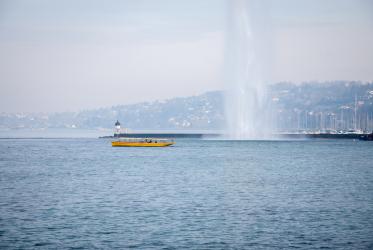Displaying 1 - 20 of 100
WCC to share key insights at World Social Forum
09 February 2024
WCC Commission on Faith and Order gathers with hope at the heart
03 February 2024
Prayer life of Bishop Mary Ann Swenson has deep roots
31 January 2022
“Bathroom ministry” for the homeless
14 December 2021
Perkins names Dr Evelyn Parker as 2021 Distinguished Alumna
11 November 2021
Climate crisis fuels existing water injustice
27 October 2021


